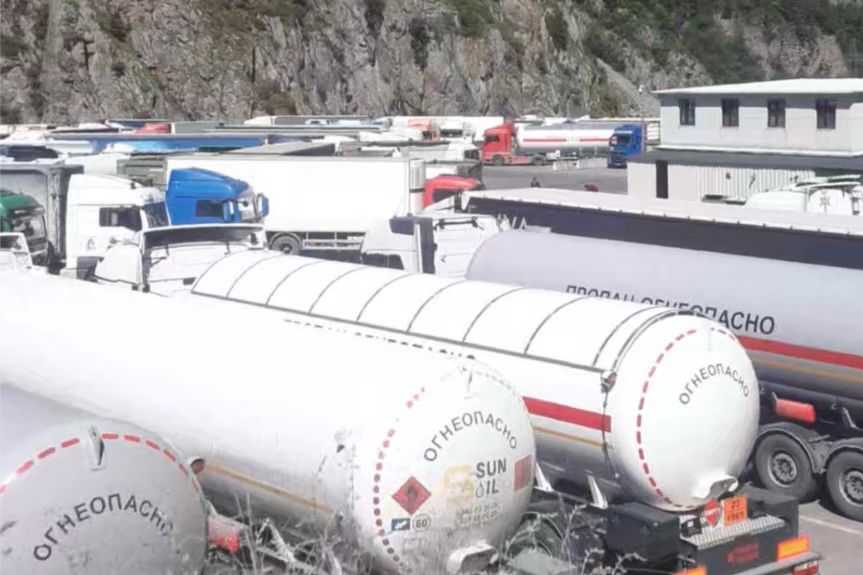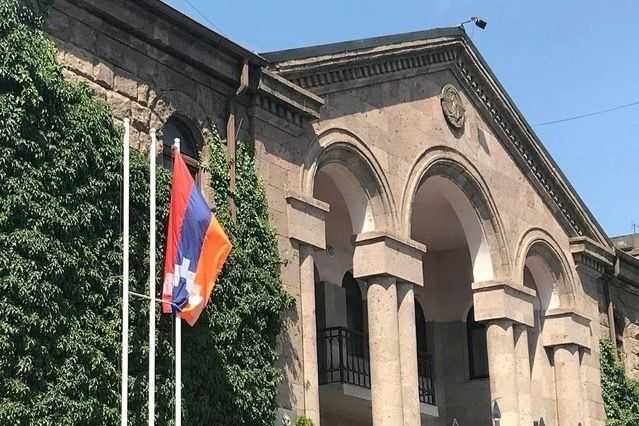
In Armenia, schools will be reopening for the first time since March. They will be operating under a set of strict safety rules, meant to prevent new COVID-19 infections.
On 14 September, schools throughout Armenia opened their doors for students in grade 1. Today, students from grade 2 to 12 will also start attending classes.
As Armenia’s coronavirus numbers have started to stabilise, authorities have decided that they will allow schools and other educational institutions to open for the autumn semester with strict safety regulations put in place.
Armenian schools shut down after the country went into lockdown on 16 March and the whole school system moved to distance learning programmes conducted online.
Immediately after the state of emergency — which had been extended five times since April — was lifted on 11 September, the government put in place a four-month quarantine throughout the country, a similar system of restrictions, under the auspices of which schools were allowed to open.
The Ministry of Education has announced that all teachers would be tested for COVID-19 before classes start — this includes 30,000 teachers from across the country. However, not all teachers have been tested yet, and consequently will not start working until they are tested.
Back to school safety measures
The Ministry of Education has published a set of guidelines for all schools to follow to prevent the spread of the coronavirus. According to the Ministry, these guidelines were developed by the Health Ministry’s Expert Anti-Epidemic Consulting Group for the Fight Against COVID-19 and based on protocols set by the World Health Organisation for schools.
These guidelines require that:
- Students and teachers must wear face masks at all times and must change them every four hours;
- Students will have their temperatures taken before entering school grounds. If they have a fever higher than 37°C than they will be isolated in a designated area in the school while parents and local health officials are notified;
- Students will not be allowed to leave their classrooms; recesses and lunch breaks will take place within the classroom;
- School cafeterias will not open;
- After-school programs will not take place, however, if possible, they may be organised online through distance learning programmes;
- Students will not be allowed to approach or write on blackboards;
- Only one student can sit at a desk;
- Classrooms cannot have more than 20 students;
- Classes will take place three times a week from Monday to Saturday (half the students will attend Monday-Wednesday-Friday, while the other half will attend on Tuesday-Thursday-Saturday);
- Students in high-risk groups (those with health conditions that make them particularly vulnerable to COVID-19) or with immediate family members in high-risk groups, or students or with immediate family members sick with COVID-19, will not attend school but will be provided with online distance learning classes.
If a student contracts the virus, then the Ministry of Health will be notified and the student’s whole class will be quarantined for 14 days. The Armenian government will also be providing schools with extra face masks and hand sanitiser.







